When it comes to family legacy planning in Leo-Cedarville, Indiana, it’s about more than just distributing assets. It’s about thinking deeply about the impact you want to leave behind.
Whether you want to pass down your family business, preserve cherished memories, or make sure that your values continue for generations, we’re here to help you plan with intention and clarity.
At Troyer Retirement, we help families create a legacy that’s as meaningful as practical. We focus on taking the steps necessary to define your family’s future.
By carefully listening to your needs and helping you align your family’s values with thoughtful planning, we can help you make decisions that will have a lasting impact.
Reach out today at 1-260-247-9099 or by email at Retire@TroyerRetirement.com to learn how we can assist you with family legacy planning.

What is Family Legacy Planning in Leo-Cedarville, Indiana?
Family legacy planning in Leo-Cedarville, Indiana, involves making important decisions that reflect what truly matters to you. It’s about creating a legacy beyond your lifetime, leaving behind not just material things but memories, values, and traditions.
By taking the time to plan today, you can shape your family’s future and help ensure that your wishes are honored. Whether thinking about assets or deciding how your family will continue to thrive, your legacy plan can provide the structure for those decisions.
You don’t need to have everything figured out from the start, but beginning the process allows you to control how things will unfold.
The Key Components of Family Legacy Planning
1. Defining Your Values and What Matters Most
Some focus on passing down family traditions, while others are more concerned with financial stability or philanthropic goals. Whatever your priorities, your values will guide the rest of your planning.
2. Preparing Your Family for the Future
Your family must understand your decisions, especially when passing on property, assets, or other significant items.
Family legacy planning is an opportunity to have open and honest conversations about your wishes, reducing potential conflicts and confirming everyone is on the same page when the time comes.
3. Documenting Your Wishes
Family legacy planning might include letters explaining your values, instructions for transferring property, or even special funeral or memorial service requests. Creating this documentation can reassure your loved ones and help preserve your legacy for years to come.
4. Planning for Charitable Giving
Many people choose to include charitable giving in their legacy plans. Whether you’ve supported a specific cause during your lifetime or want to create a new tradition, including charitable gifts in your plan can affirm that your values will impact others long after you’re gone.
5. Passing on Family Businesses
If your family owns a business, legacy planning becomes even more critical. It makes sure that your business continues after you’re no longer in control. This might involve identifying a successor, creating a plan for the transition, or structuring the company to preserve its value.
Our approach is to help you create a clear path for your business’s future that aligns with your financial goals and your family’s values.
The Foundation of a Family Legacy Plan
Developing a comprehensive family legacy plan involves several layers, including written documents, conversations, roles, and personal reflections. We approach this process by helping you think about what matters most.
Some of the core parts of a family legacy plan may include:
- Personal letters or recorded messages expressing your values
- A plan for passing down non-financial heirlooms or items of significance
- Guidelines for decision-making during future family transitions
- Assigning someone to help handle responsibilities if you become unable to do so
- Creating a structure that supports the continuity of a family-owned business
We do not provide legal drafting services, such as wills or trusts, but we help you organize your wishes clearly so that you can present them to the appropriate professionals for the next steps.
Common Misunderstandings About Legacy Planning
One of the biggest misconceptions is that legacy planning is only needed at the end of life. In truth, it’s better to begin while you still have complete control of your decisions and are thinking clearly. Starting now gives you more options and fewer limitations.
Another misunderstanding is that only certain people need a family legacy strategy. In reality, anyone who wants their future handled in a certain way can benefit from making one.
Some think it’s about distributing financial assets. However, family legacy planning in Leo-Cedarville, Indiana, is just as much about communication, values, and guidance.
We’re here to help correct those misunderstandings and provide you with a personal and manageable process.
Service Areas
- Grabill
- Spencerville
- Harlan
- Cedar Creek
- Auburn
- Bluffton
- New Haven
- Huntertown
- Woodburn
- Fort Wayne
Final Thoughts
Family legacy planning is a step toward preparation, not perfection. It gives you the chance to have a voice in how things unfold—even when you’re no longer present.
Your legacy is more than paperwork. The lessons, stories, and thoughtful choices will guide your family long after you’re gone. With time and care, you can build something meaningful that reflects what matters most.
Troyer Retirement is here to walk you through that process.
Disclosure: The information provided here is only for general education and planning purposes. Neither Troyer Retirement nor its representatives offer legal or tax advice. Consult a qualified legal or tax professional before deciding on your estate or long-term plans.
Our firm is not affiliated with or endorsed by the U.S. Government or any governmental agency. 4362674-03/25

